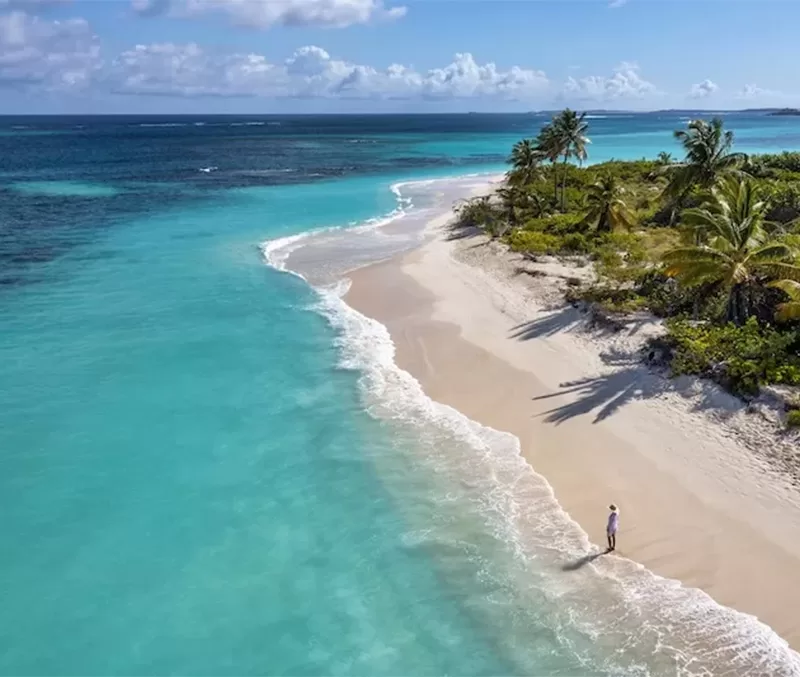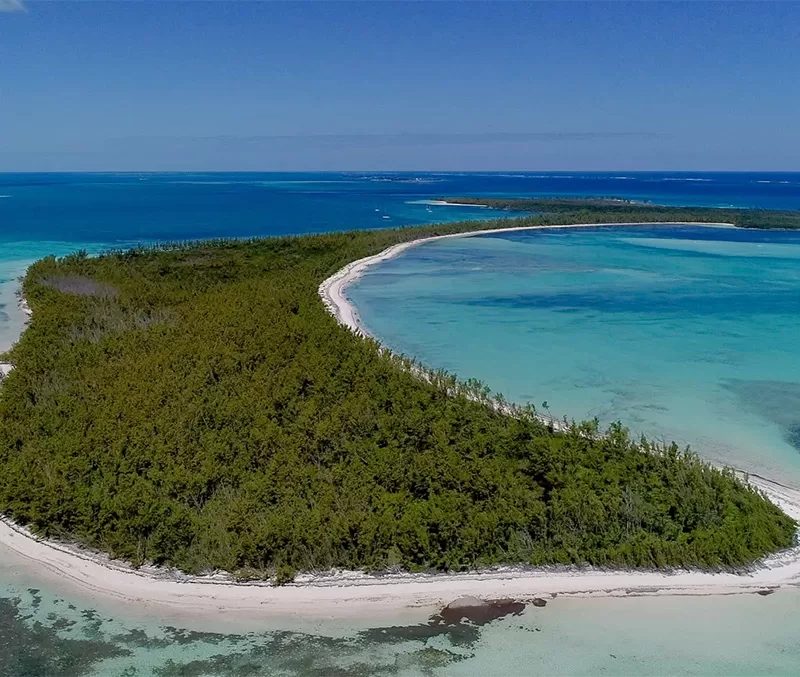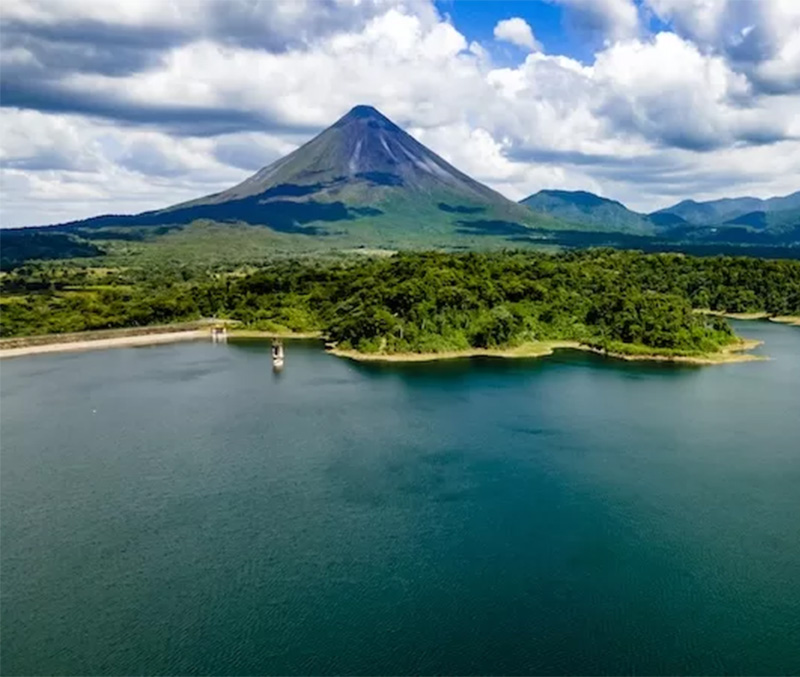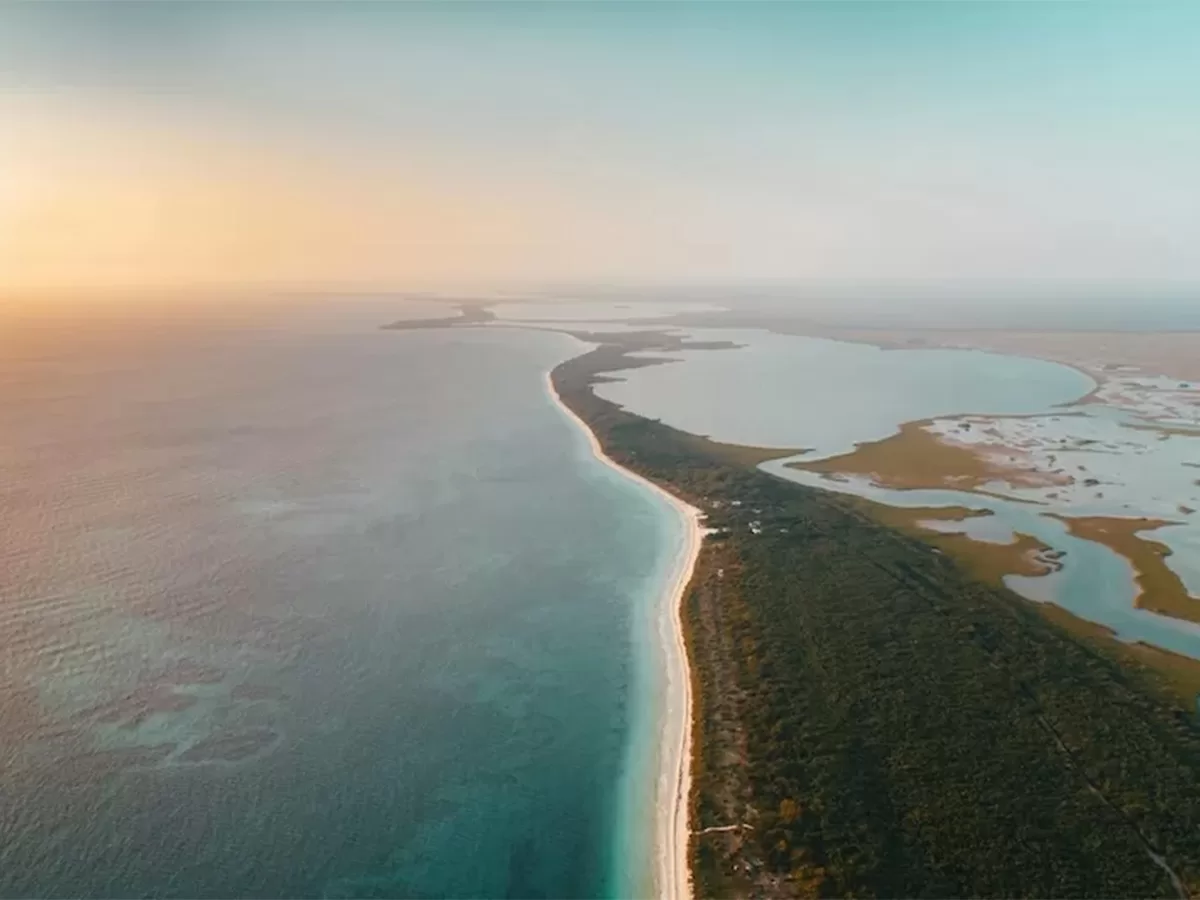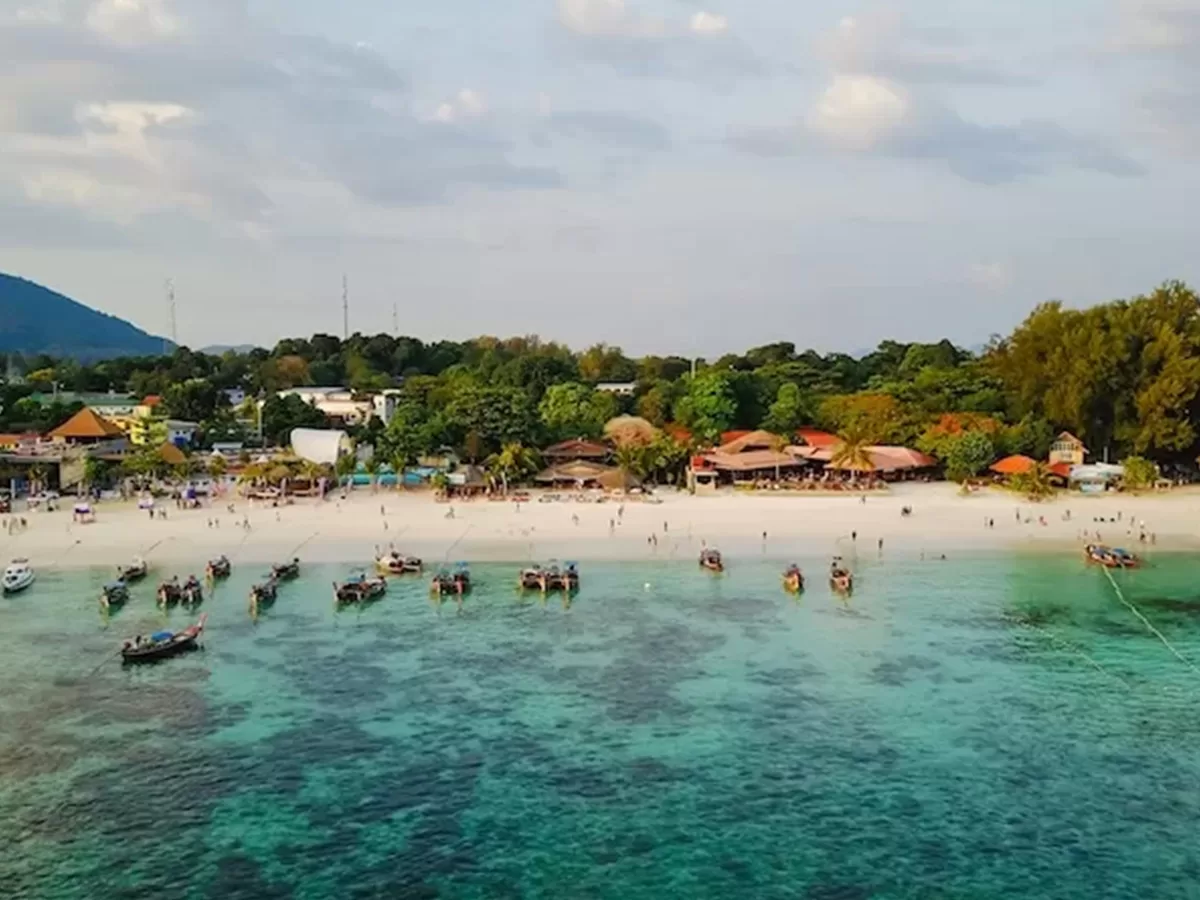As part of your offshore assets, you’d like to include real estate. The plan may be to purchase residential property that will ultimately become your retirement home, or it may be to create a revenue stream by offering the property for rent or lease. Whatever the plan, there are ways to manage the purchase and enjoy the most benefits that the offshore jurisdiction offers.
While you could purchase the offshore property as an individual, consider looking into local laws and identify what sort of benefits would come your way by using one of the following strategies. The best one for you could decrease the overall expense of ownership while also entitling you to benefits that would otherwise not be available.
Strategy #1: Purchase Property Through a Company
One approach is to set up a company, possibly a holding company, that would serve as the repository for your real estate and other assets. While you would need to determine that the desired country’s laws allow for it, you may be able to establish the company in that same country and hold the property while remaining physically outside the jurisdiction.
Why consider this approach? One of the chief benefits has to do with maintaining your privacy. In many offshore jurisdictions, your company’s name will appear on the deed rather than your own. That’s important for several reasons, one of which happens to be preventing the property from showing up in any listing of your private assets. Since it’s held through the company, it’s not legally a personal asset.
While there are exceptions, a company will end up paying fewer taxes on the real estate than you would pay as an individual. Working with a financial professional who’s familiar with the tax laws in the country can provide a comparison of the two scenarios. That will help you understand any potential savings.
Another benefit pertains to avoiding probate at the time you pass away. Any asset held in your name could be subject to a probate tax. Your heirs would be responsible for paying the tax. By contrast, assets held by your company are not subject to this tax in most offshore jurisdictions. Your heirs can directly receive the property without going through a probate process.
Remember the fact that your name isn’t on the deed? Since the real estate is held in the company’s name instead, any legal actions against you personally will not affect the status. In other words, a suit that results in a judgment against you will not result in the property being seized.
Setting up the company won’t be difficult in most jurisdictions. Once it’s in place, you can open a checking account and possibly obtain a mortgage under the name. That allows you to manage your offshore assets using this mechanism while keeping everything separate from your personal domestic assets.
Strategy # 2: Purchase Property Through a Trust
Another approach is to purchase and hold property through a trust. In many ways, it provides advantages that are similar to property obtained through an offshore company.
When you set up the trust, specific assets are transferred into it, and you no longer have direct control of them. That’s important to note since it means that you as the settlor are in effect trusting another party to manage those assets. The trustee or administrator that you name will do so moving forward. It’s the responsibility of the trustee to manage all assets within the terms of the trust agreement. Since you determine what those terms happen to be, you can word them to use the property whenever you want.
A quick perusal of the laws that apply in the country of jurisdiction will confirm precisely how to word the arrangement. The powers of the trustee can be broad, or they can be somewhat limited. It’s not unusual for individuals to name financial institutions or agents residing in the country where the property is located as trustees.
This arrangement can continue for your heirs. When you pass away, access and use of the property are transferred to the individual or group of previously designated individuals. This creates a situation where the heir or heirs enjoy the same benefits as you did in years past.
If the plan is not to continue the trust after you die, it’s possible to structure it for the trustee to distribute assets to beneficiaries at the time of your death. Once that’s done, the trust dissolves. In many offshore locations, transfer of ownership can be managed without the intervention of a judge or any probate action.
In the meantime, there are other benefits to owning offshore property through the trust. Depending on the jurisdiction, you may find that the amount of property and other taxes owed per year are somewhat lower. Managing the financial aspect of property ownership won’t be an issue either. A bank found in the same jurisdiction will likely establish checking and investment accounts in the name of the trust, with you having full authority to manage them. You may also be able to apply for and receive a mortgage through the trust rather than having to secure financing in your name.
As with buying property through a company, doing so through a trust also provides some degree of asset protection and anonymity. Since the property isn’t held in your name, it won’t be seized if any judgment is rendered against you. The property also won’t impact any personal income or other taxes that you pay on your other assets.
Choosing the Best Offshore Real Estate Strategy
Which of these strategies will work best for you? A lot depends on real estate and finance laws in the desired country. Your personal goals for offshore investing also impact the decision to go with one of these strategies or buy the property in your name.
Before making a choice, explore all your options with the help of a financial professional. It won’t take long to identify the approach that will provide the most benefits in the long run.






